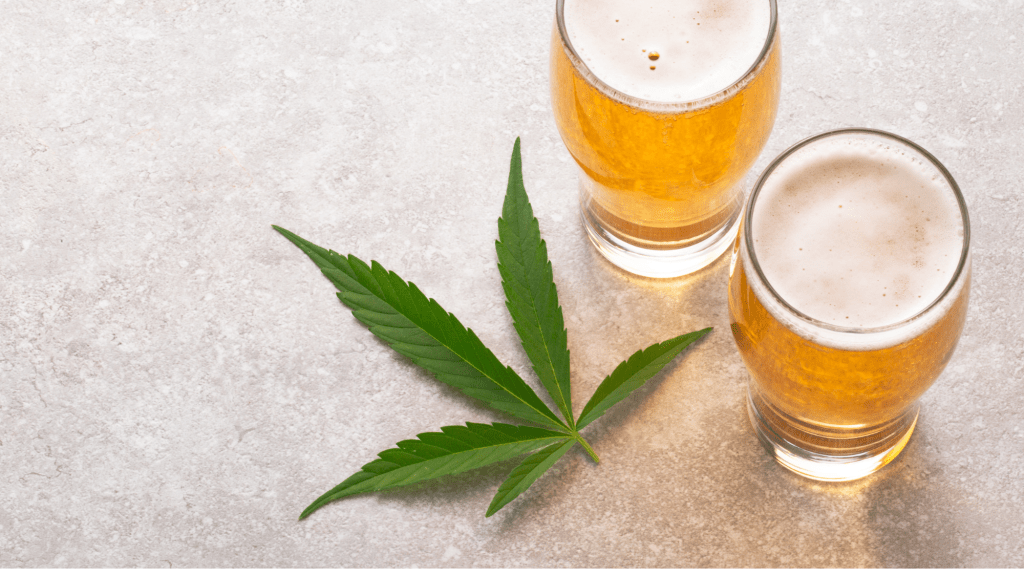URGENT UPDATE: A groundbreaking study from Brown University has confirmed that smoking high-potency cannabis can lead to a significant reduction in alcohol consumption, with participants drinking 27 percent less. This finding, published in the American Journal of Psychiatry, challenges traditional views on substance use and could have major implications for social drinking habits.
Researchers created a simulated bar environment to investigate the relationship between cannabis use and alcohol consumption. Participants who smoked a high-potency cannabis joint were found to delay their drinking and consume much less alcohol compared to those who received a placebo. Those using a weaker strain also drank 19 percent less, highlighting a potential trend in which cannabis may curb the urge to drink.
The study’s results echo recent findings from a similar research effort in Colorado, where stoned participants reportedly drank around 25 percent less alcohol. Together, these studies suggest a compelling link between cannabis use and reduced alcohol intake, at least for a limited time after consumption.
This emerging trend, often referred to as “California sober,” reflects a growing preference among individuals seeking to enjoy social experiences while minimizing the risks associated with heavy drinking. Researchers emphasize that while the results are promising, they were obtained in controlled settings that may not fully represent real-world scenarios.
Participants in the Brown University study waited longer to take their first drink, indicating a potential shift in drinking behavior influenced by cannabis. However, some individuals in the Colorado study even reported drinking more after consuming cannabis, underscoring the complexity of human behavior in social settings.
As more people explore cannabis as an alternative or complement to drinking, understanding its effects is crucial. Experts acknowledge that while alcohol consumption is well-studied, the effects of cannabis remain less understood. Further research is needed to clarify how these substances interact and influence one another, providing essential guidance for those looking to enjoy both responsibly.
With this research, health officials may soon gain clearer insights into safer consumption practices, ultimately benefiting public health. As the conversation surrounding cannabis and alcohol continues, these findings are set to reshape how individuals approach their social drinking habits.
Stay tuned for further developments as we monitor ongoing research in this rapidly evolving field. Share this article to inform others about the potential implications of cannabis on alcohol consumption!








































































